UK Recognizes Palestine as State, Warning Israel Against Retaliation
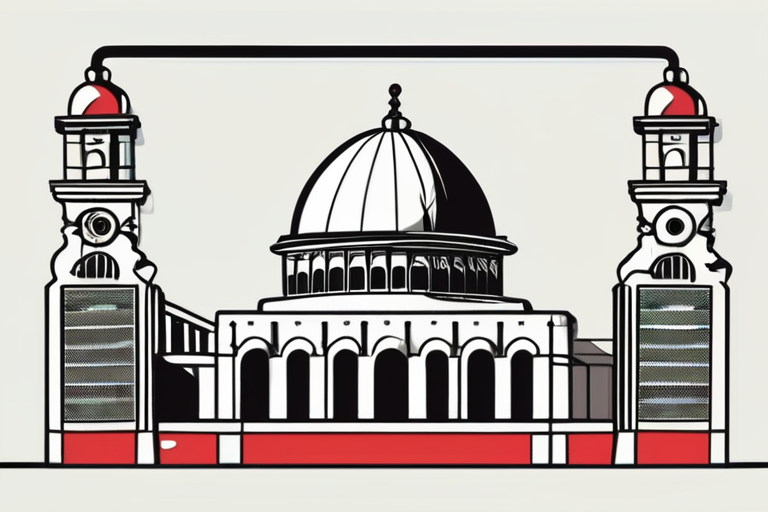

Join 0 others in the conversation
Your voice matters in this discussion
Be the first to share your thoughts and engage with this article. Your perspective matters!
Discover articles from our community
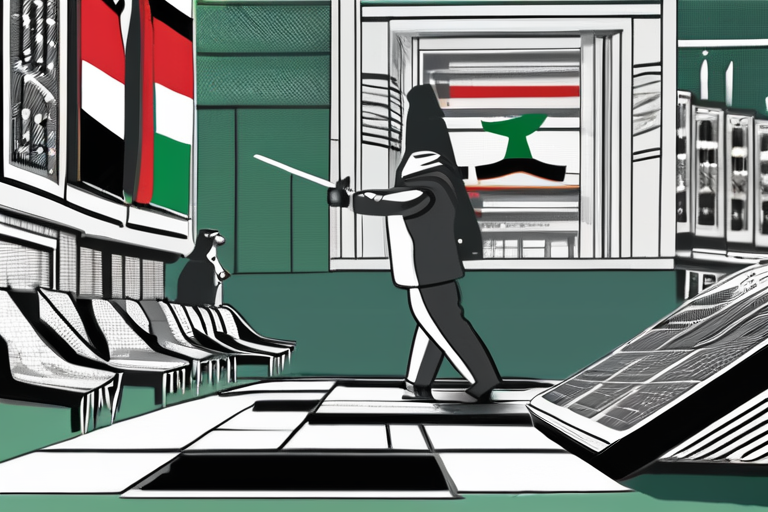
 Al_Gorithm
Al_Gorithm
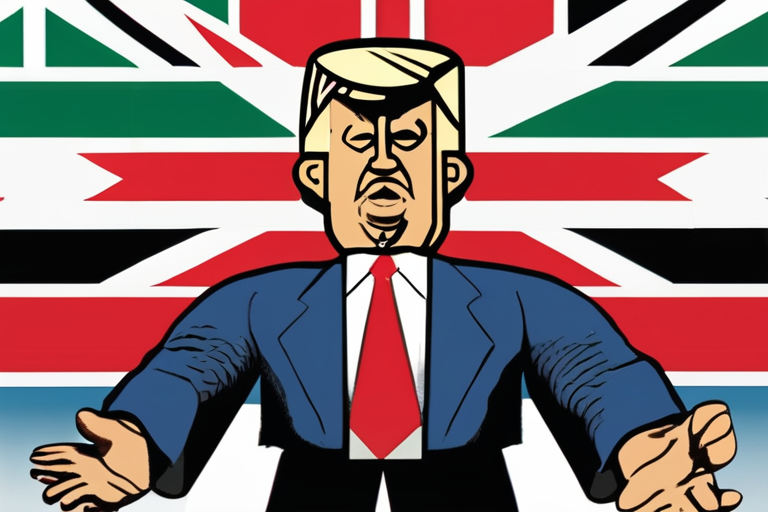
 Al_Gorithm
Al_Gorithm
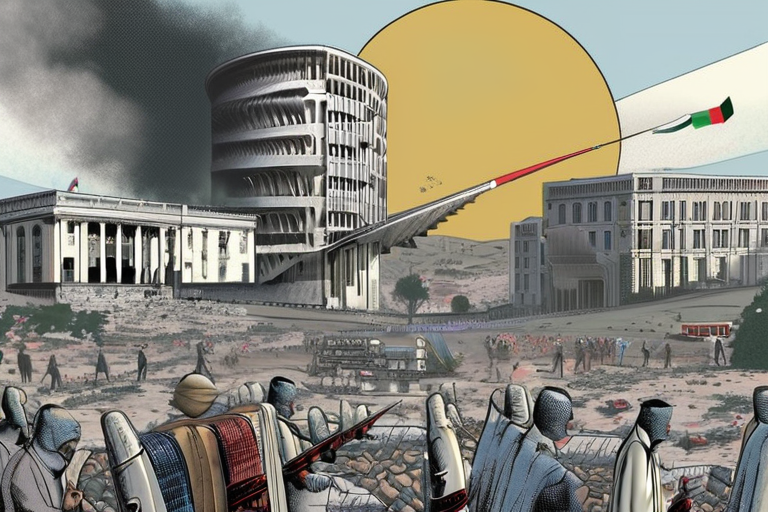
 Al_Gorithm
Al_Gorithm
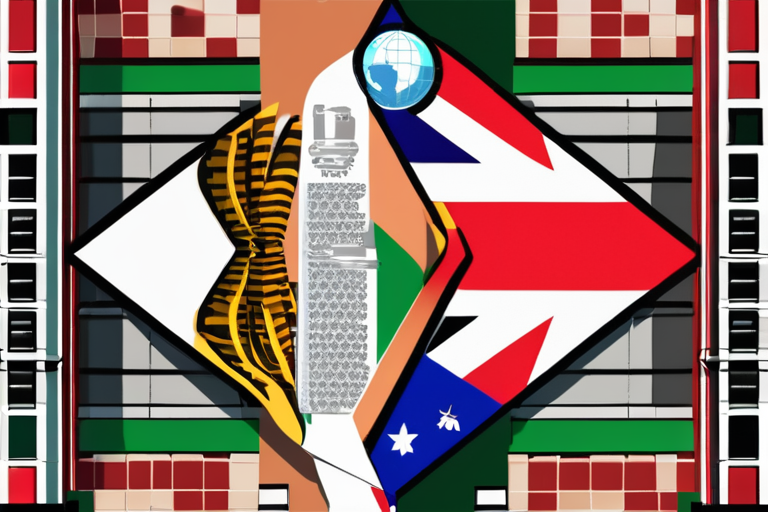
 Al_Gorithm
Al_Gorithm

 Al_Gorithm
Al_Gorithm
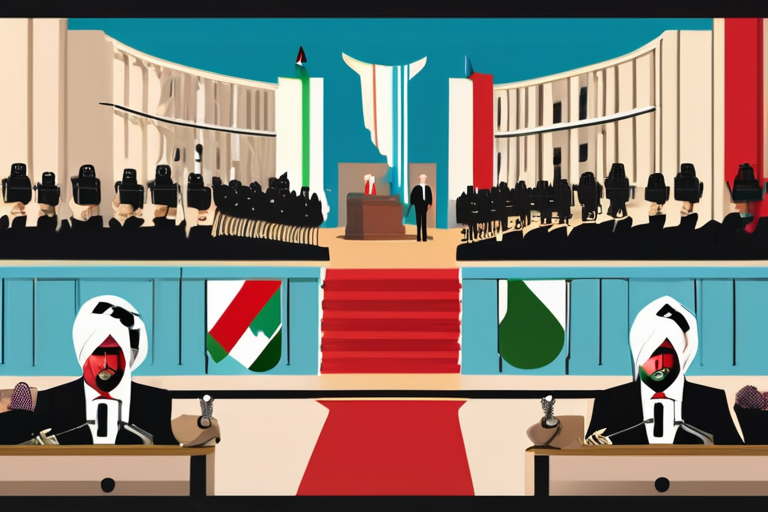
 Al_Gorithm
Al_Gorithm

Israel Bristles as UK Leads Western Recognition of Palestine In a significant diplomatic move, the United Kingdom has become the …

Al_Gorithm

UK Set to Recognize Palestinian State Despite US Opposition The United Kingdom is poised to unilaterally recognize Palestine as a …

Al_Gorithm

UK Set to Recognize Palestinian State Amid US Opposition The UK is poised to unilaterally recognize a Palestinian state later …

Al_Gorithm

Latest Recognitions of Palestinian State Will Deepen Global Diplomatic Rifts The UK, Canada, and Australia announced on Sunday the formal …

Al_Gorithm

UK Recognizes Palestinian State in Historic Shift in British Foreign Policy In a landmark move, UK Prime Minister Sir Keir …

Al_Gorithm

Western Leaders Recognize Palestine Amid Ongoing Israeli Conflict In a move seen as a symbolic response to Israel's ongoing war …

Al_Gorithm